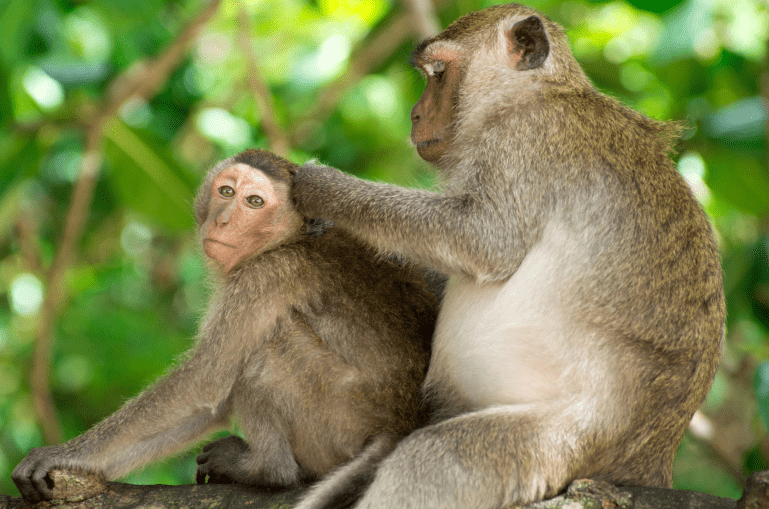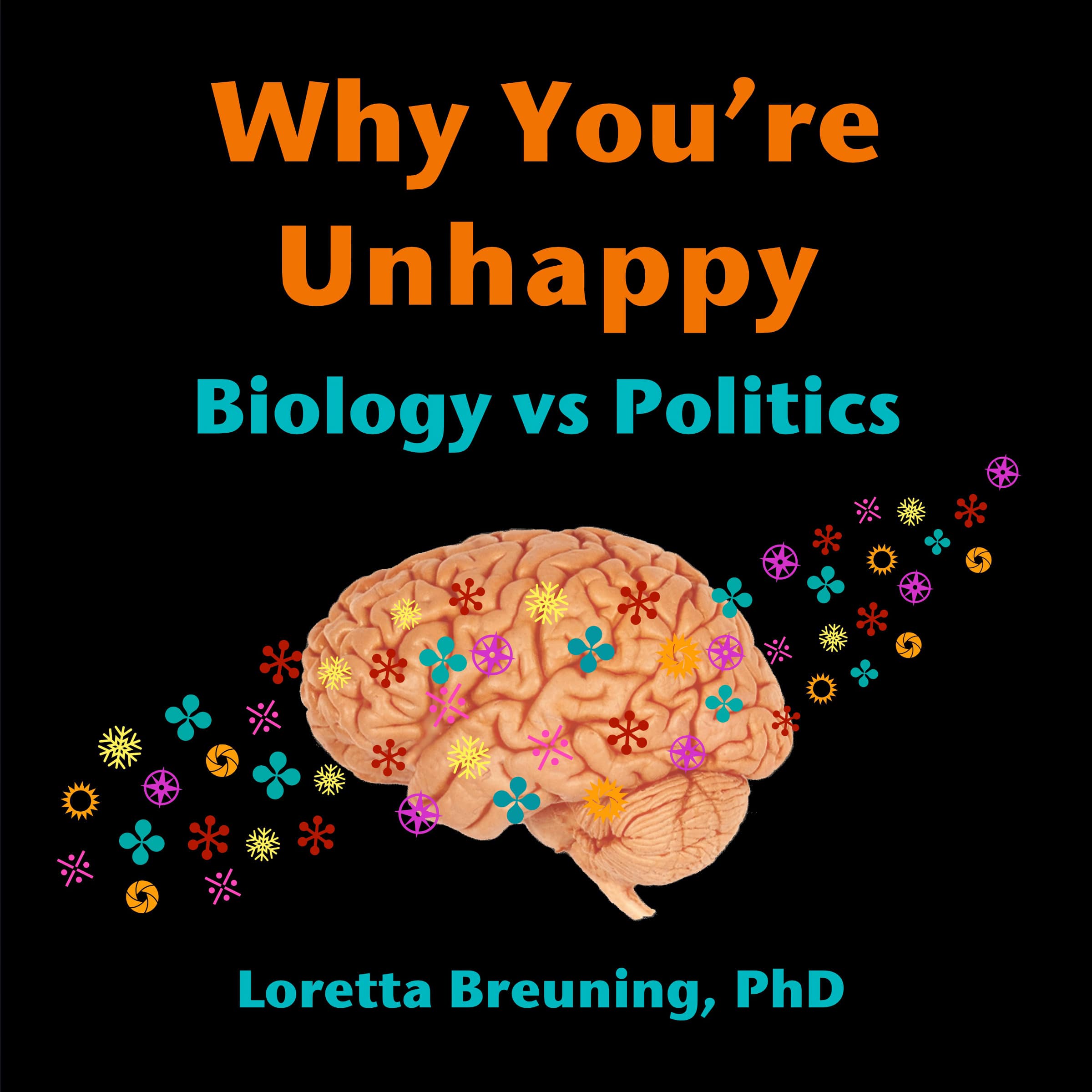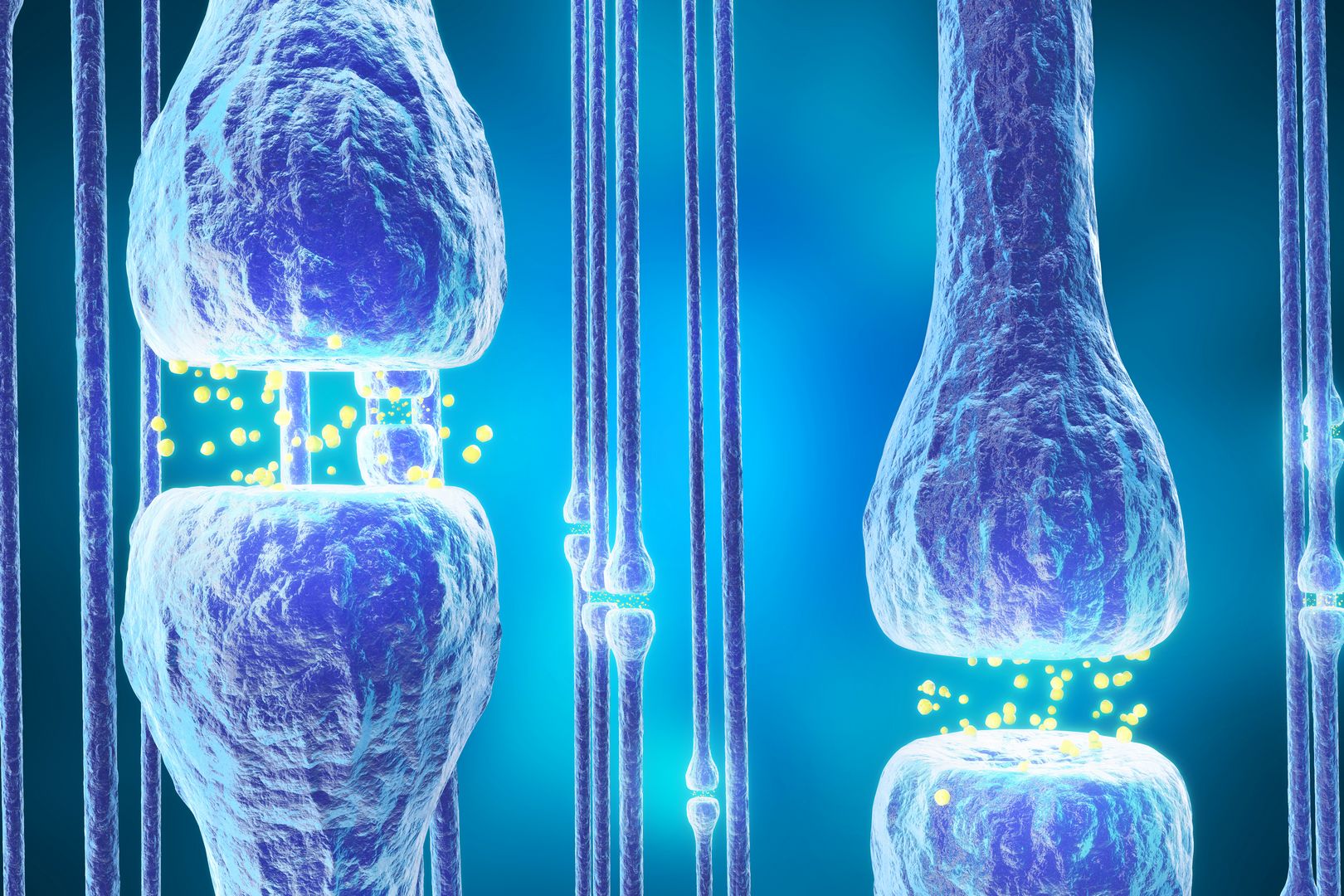Winning doesn’t matter, we’re told, but something deep inside suggests otherwise. “Our society” creates the urge to win, we’re taught, yet monkeys have been trying to one-up each other for fifty million years. Natural selection built a brain that rewards you with a good feeling when you come out on top. Serotonin is that good feeling. This was discovered in the 1980s, but it is still unmentionable in polite society. [A good summary of the research is The Biochemistry of Status and the Function of Mood States.]
The facts of our natural competitiveness have been submerged by a warm and fuzzy view of nature. Perhaps good intentions are behind this, but the benefits of knowing the inconvenient truth have been overlooked. We are already challenged to manage a brain that strives for social dominance. Understanding that impulse can help us enhance this skill, and to stimulate more good serotonin feelings with less conflict.
Ignoring the facts about our neurochemical inheritance has unfortunate consequences.
- We deride assertive impulses in others while denying or rationalizing them in ourselves and our social allies, resulting in sustained resentments and hostilities.
- We end up with low serotonin if we stifle the natural urge for self-assertion instead of finding healthy ways to direct it.
- We seek moral superiority by avoiding conflict at all costs, and submit to bullies as a result.
We are better off knowing why our brain rewards social dominance with the good feeling of serotonin. Mammals began living in groups for protection from predators, so they needed a way for strong and weak individuals to live side by side. They evolved a brain that constantly compares itself to others. If it sees that it’s at a disadvantage, cortisol is released and it withdraws to avoid pain. If the mammal brain sees that it’s in a position of strength, serotonin is released, and it goes for it. This doesn’t mean constant conflict. On the contrary, animals avoid conflict because they only engage when they expect to win. Usually one individual backs down, knowing it can survive the loss of this food or mating opportunity better than it can survive an injury. Conflict only erupts when two individuals perceive themselves as the likely winner.
When an animal submits to a stronger individual, they do not call it “cooperation” or “empathy.” Yet modern researchers have been putting a positive face on such frictions in nature, even as they put a negative face on frictions in “our society.” Social affiliation does trigger good feelings due to a different brain chemical, oxytocin. Researchers have used this to assert that nurturing and altruism are the state of nature. But the harsh truth is that oxytocin causes herd behavior. It creates a safe feeling when an individual is with its trusted allies, but when a mammal brain sees distance between itself and its herd or pack or troop, oxytocin falls and a cortisol alarm is released. Though we constantly seek the good feeling of oxytocin, our brain is not designed to release it all the time. It evolved to make careful decisions about when to release it because trusting everyone does not promote survival.
Each time serotonin or oxytocin is released, neurons connect that guide future expectations about how to stimulate it. We all wire ourselves to seek good feelings in ways that worked before. Sometimes past experience is a good guide to the future, and sometimes it’s not. We’ve all heard of the tiny poodle who lashes out at German Shepard. The poodle built unrealistic expectations from experiences that were unrepresentative of the larger world. Early experience builds the myelinated superhighways of our brain, so unreliable impulses can be hard to rewire. We all face the world with neural circuits needing adjustment since early experience can never be a perfect representation of the world we live in. Fortunately we can build new pathways to stimulate our happy chemicals in new ways, but it takes a lot of repetition after puberty.

The link between serotonin and social assertion was finally revisited by a 2015 study reporting higher social anxiety in people with higher serotonin. This study does not disprove the serotonin/social dominance connection. On the contrary, it shows how brains that built a large serotonin-seeking habit are concerned about meeting their need for it. More important, it associates low social anxiety with low serotonin. We might want to hear that low social anxiety goes with equanimity and egalitarian virtue, it doesn’t seem to make you happy. Neither position is happy because our brain did not evolve to release happy chemicals constantly for no reason. It evolved to release them to motivate survival behavior.
The warm fuzzy view of our nature is appealing so it’s easy to accept it as a harmless way to “help.” But this kind of help can do more harm than good. It trains people to expect their happy chemicals to flow effortlessly all the time, and to think something is wrong with the world, or with themselves, if their happy chemicals sag. We are better off knowing that these chemicals turn on in short spurts when you see a way to meet a survival need. Then they turn off and you have to do more to get more. For most of human history, it was hard to meet basic needs and people took pleasure in simple things like finding ripe fruit or the glance of a special someone. Our ancestors lived with real threat and pain, not with effortless peace and comfort. But they did not believe they could feel good all the time if only they made the right demands on “the system.”
Today we are habituated to high levels of reward, so it takes even more to stimulate our happy chemicals. Each brain interprets the world through the lens of its own experience. No one has an easy time of it because a step toward one happy chemical can put another at risk, or increase the risk of pain. We all struggle to manage the quirky neurochemical operating system we’ve inherited. It’s not easy being a mammal!
Much more on the potential to rewire our happy chemicals in my book Habits of a Happy Brain: Retrain your brain to boost your serotonin, dopamine, oxytocin and endorphin levels. Plenty of free resources are available from the Inner Mammal Institute.


